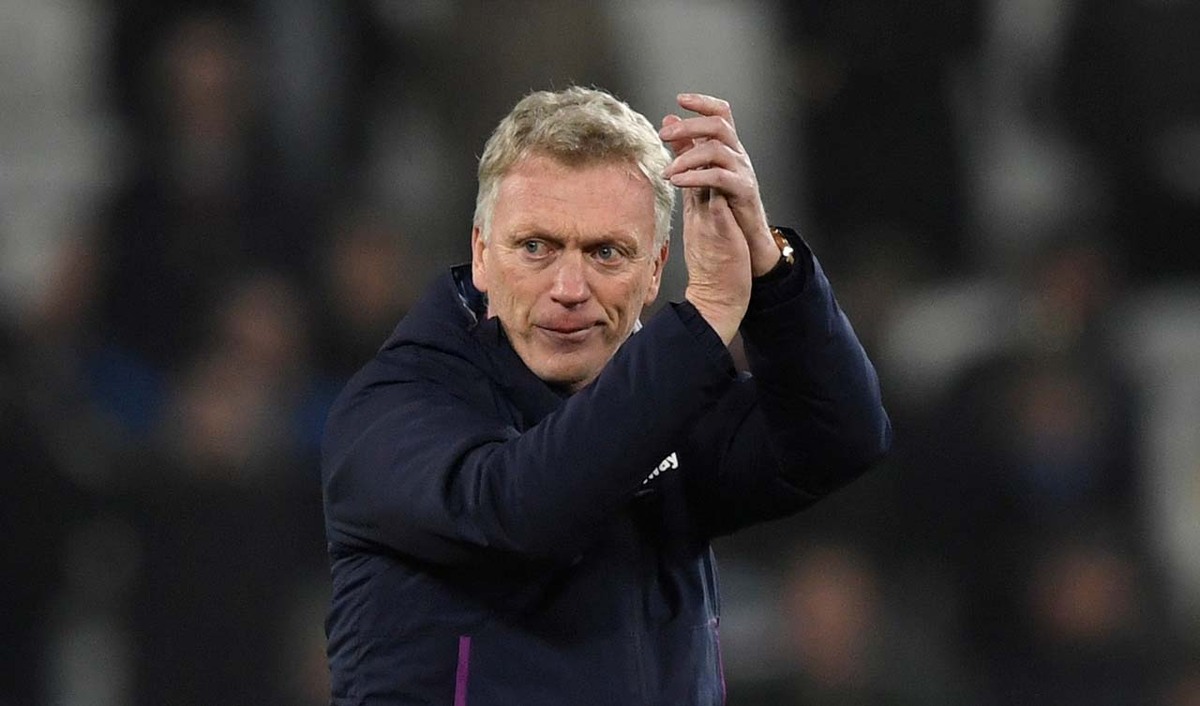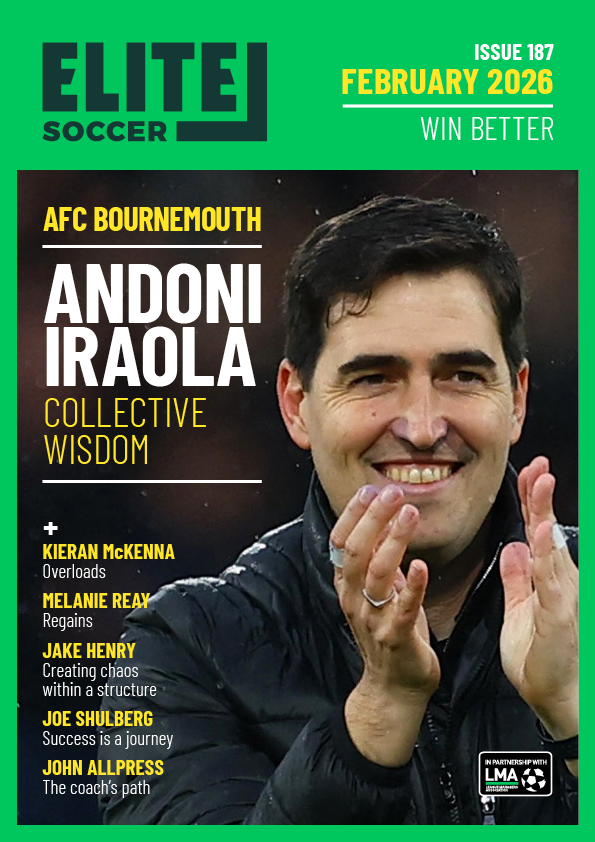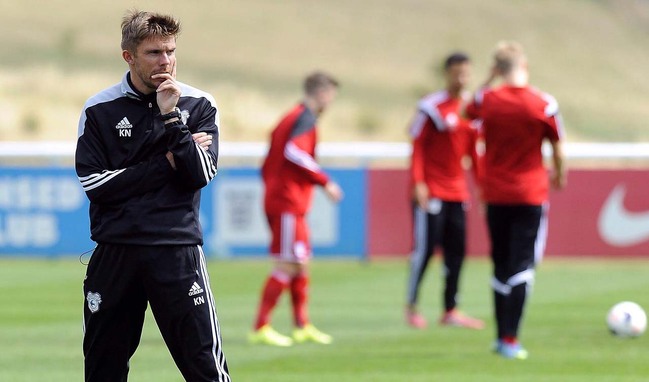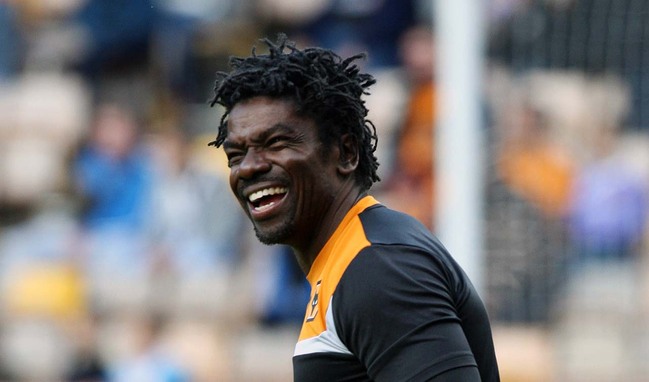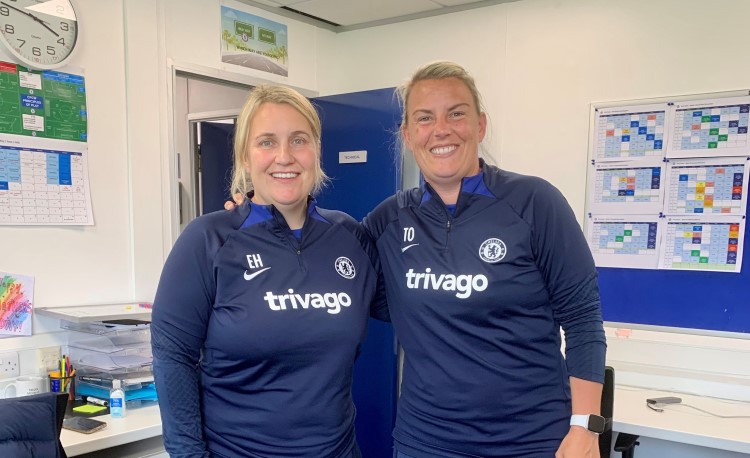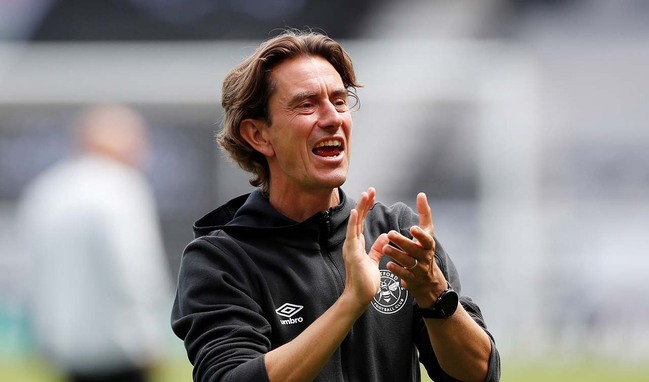NEXT ELITE SOCCER COACHING AWARD COHORT STARTS FEBRUARY 16 - ENROL NOW
You are viewing 1 of your 1 free articles
Believing in your ability
With David Moyes having kicked off life in charge of Manchester United with the winning mentality so closely associated with his predecessor Sir Alex Ferguson, we felt it was fitting to present the former Everton manager as our debut ‘Extra-Time Profile’.
In this new feature, we will, each month, track the progress of one of the game’s most recognisable names, as well as taking a peek into the psyche of the man behind the name. To help us do this, we’ll pull an absorbing interview from the archives, one that helps us understand the principles and prerogatives of what makes a certain coach who he is today.
For David Moyes, we’ve chosen an interview he gave to The Manager magazine way back in 2009. It’s an honest and intriguing read that offers a fantastic insight into the Scot’s passion and mindset for the game.
You were still a player when you got your first management job, but you certainly weren’t unprepared. How important was that?
I had made a real effort to get out there and improve myself. I qualified as a coach when I was about 23 years old, but continued to attend coaching courses for several years after that. I enjoyed the learning experience, which came as much from being around people in the football industry as the courses themselves.
While it wasn’t necessary, I took both the Scottish and English qualifications to show that I could be a coach in both countries. Initially, I completed the courses to become a better player, but I always hoped that one day I would be a manager and I thought I could get myself noticed. As well as equipping me with the necessary skills for the job, the courses were excellent networking opportunities.
Preparation is absolutely essential. When your first chance at management comes along you are judged very quickly. Lose the first six games and you could be out of a job. It’s important to be prepared so you can get off to a good start.
Have you always been immersed in, and dedicated to, football?
It has always been my hobby as well as my profession. Ahead of the World Cup in France in 1998, I wrote to a few national sides to request access to their training sessions; I wanted to observe different coaching methods. Only Scotland said yes, but I travelled to France anyway to watch some matches, see the different styles of play and learn. I have gone on to do similar things since then.
The Scottish Football Association and the Professional Footballers’ Association both helped me out during a period when finances were a bit tight, and I’ll always be thankful for their help.
You’ve been in management for 10 years. How have you adapted your style since the early days?
As a player, I used to take notes on any training sessions or drills that I enjoyed. I still look back at them today. Since then, things have changed – the profile of the game, the longevity of managers – but the same principles of coaching can still be adjusted and applied to the modern game.
Over the years, I have become more relaxed and less intense as a manager. I think that transition comes with confidence and experience.
How important is the relationship between a manager and the board?
The manager’s relationship with his chairman is probably the most important of all. You need someone who can support and work with you, not someone who gets too high when you win and too low when you lose. I have been very fortunate in that, where Chairman are concerned, I have been allowed to get on with my job. Interference from club chairmen and owners has become a real problem for some managers. My advice to aspiring young managers is to interview the chairman, rather than let him interview you.
You’ve consistently challenged the big four clubs, despite having comparatively modest spending power. What’s your secret?
We’ve worked hard at Everton to make the right recruitment decisions. Like the majority of football managers, I have limited resources, so I look for value for money and try to get the best out of what I have.
When I first came to the club, I knew that there wouldn’t be much money available, so I simply asked to be allowed to develop the team. The board agreed and the result has been a period of stability and growth.
How would you describe your management style?
Whether in football or any business sector, as a manager you have to believe in your own ability and be able to convey your ideas to your team.
It is important to recognise and embrace change and adapt your approach accordingly. I believe in ongoing self-development and am always on the lookout for any new training methods, tactics or techniques that could give my team the edge in football’s competitive marketplace.
I never take my position as Everton manager for granted. As well as reviewing my team’s performance following a game, I assess my own. I examine the decisions I made and then try to learn from that.
How do you get a team to work at their best – is it about fear, respect, pride or friendship?
Giving the players a framework of all of those things breeds team spirit. I respect the players and expect it back from them in return. We have pride in ourselves and how we do our jobs, and try to be disciplined and controlled, while showing the supporters that we are playing for them.
Friendship comes from winning and from mutual respect. We have a low turnover of players, partly because of our business model. We don’t break the bank on wages or expensive players, but we do well with what we have and we reward that success. The team will always be more important than any individual.
Editor's Picks
Attacking transitions
Deep runs in the final third
Using the goalkeeper in build-up play
Intensive boxes drill with goals
Penetrating the final third
Creating and finishing
My philosophy
Pressing initiation
Compact team movement
Coaches' Testimonials

Alan Pardew

Arsène Wenger

Brendan Rodgers

Carlos Carvalhal

José Mourinho

Jürgen Klopp

Pep Guardiola

Roy Hodgson

Sir Alex Ferguson

Steven Gerrard
Related
Coaches' Testimonials

Gerald Kearney, Downtown Las Vegas Soccer Club

Paul Butler, Florida, USA

Rick Shields, Springboro, USA

Tony Green, Pierrefonds Titans, Quebec, Canada
Join the world's leading coaches and managers and discover for yourself one of the best kept secrets in coaching. No other training tool on the planet is written or read by the calibre of names you’ll find in Elite Soccer.
In a recent survey 92% of subscribers said Elite Soccer makes them more confident, 89% said it makes them a more effective coach and 91% said it makes them more inspired.
Get Monthly Inspiration
All the latest techniques and approaches
Since 2010 Elite Soccer has given subscribers exclusive insight into the training ground practices of the world’s best coaches. Published in partnership with the League Managers Association we have unparalleled access to the leading lights in the English leagues, as well as a host of international managers.
Elite Soccer exclusively features sessions written by the coaches themselves. There are no observed sessions and no sessions “in the style of”, just first-hand advice delivered direct to you from the coach.
